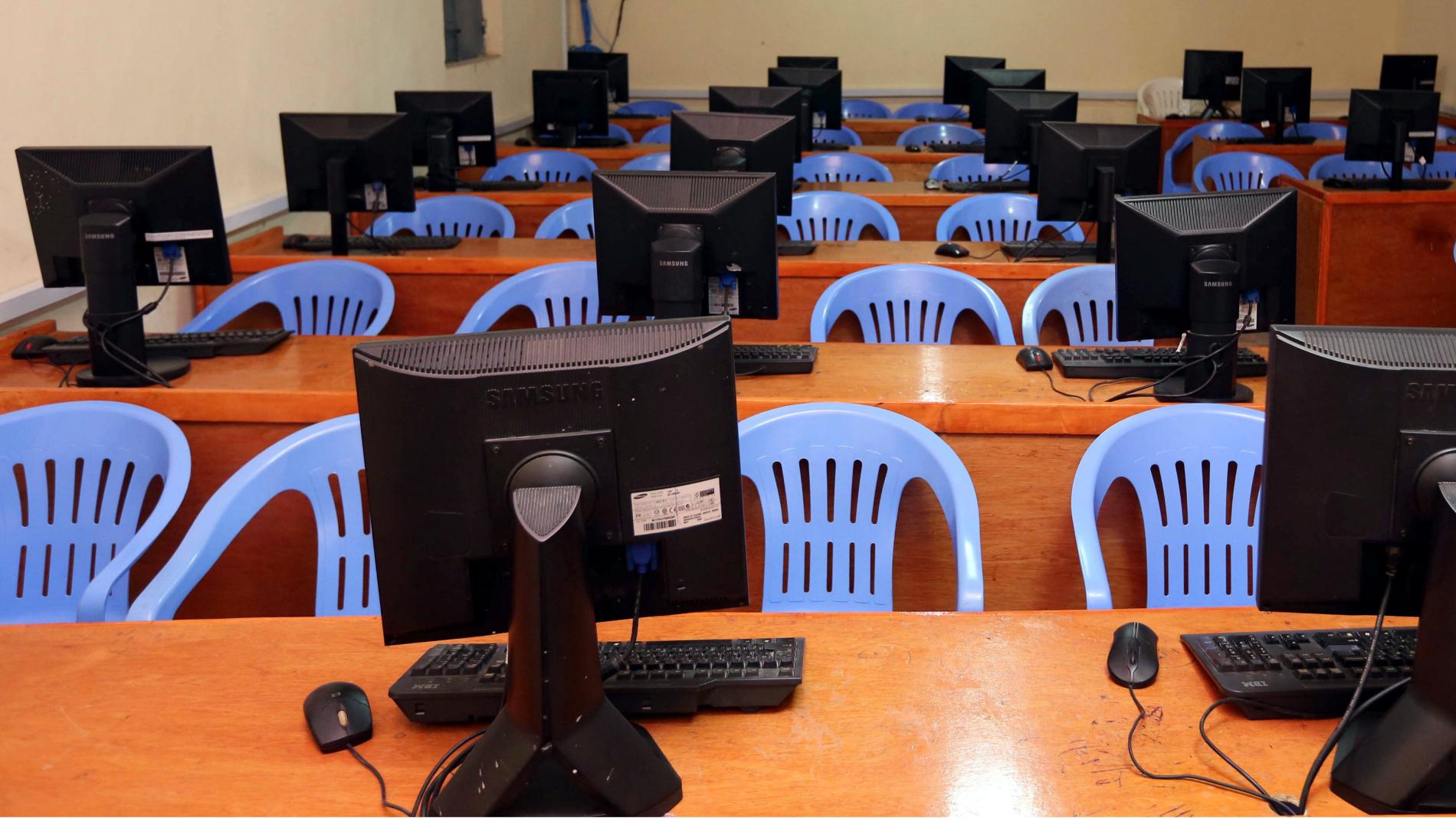Fresh details show why Africa experienced regular and longer internet shutdowns in 2019
- It has been confirmed that internet use in Africa was manipulated in the year 2019 mostly for political reasons
- Cases of internet shutdowns went up by 32% in the year 2019 compared to the year 2018
- Records also show that 19 African countries experienced cases of total or partial shutdowns for more than seven days
Our Manifesto: This is what YEN.com.gh believes in
In the year 2019, the internet in Africa experienced continuous and longer shutdowns, a new report has suggested.
YEN.com.gh understands that some African leaders capitalized on the situation to manage or control information in their countries.
Compared to the previous year, incidents of internet shutdowns across Africa increased by 32%, qz.com reports.

Source: UGC
READ ALSO: Uber teams up with Google Translate to make app available in over 100 languages
The tactic, used in some countries was revealed by AccesNow, an internet access advocacy group.
Information available shows that out of the number of African countries that shut down internet access in 2019, at least seven of them had one time in their past shut it down or did same in either 2017 and 2018.
It has also been confirmed that 35 incidents of internet shutdowns lasted longer than seven days in 2019.
19 countries including Chad, Ethiopia, DR Congo, Eritrea, Mauritania, Sudan and Zimbabwe experienced cases of total or partial shutdown for more than seven days.
Chad, however, experienced the worst case, with aspects of its social media blocked for a record 16 months.
In the run-up to the February 22, 2020, presidential elections in Togo, there were reports of social media blocks of apps such as Whatsapp and Facebook Messenger.
In the years 2017 and 2018, the entire internet was shut down in the country.
READ ALSO: MTN Ghana records over GHC1 billion profit for the year 2019
In other news, some customers of defunct micro-finance and savings and loans companies have raised concerns about the mode of payment by the receiver, Eric Nana Nipah, via the Consolidated Bank of Ghana (CBG).
Cases of miscommunication and surprises were recorded when some customers, who had received text messages to visit the bank on Thursday, February 27, 2020, were informed that their monies would be paid in bonds.
The customers indicated that they were informed those who had funds beyond GHC70,000 locked up would receive GHC50,000 in cash and the rest in 5-year-bonds.
A retired soldier, whose identity is yet to be confirmed, stated that GHC50,000 out of his GHC602,000 would be invested as a bond.
Per a citinewsroom.com report, the unnamed soldier was given no documentation to that effect, leaving him confused.
His desire to know the interest rate was futile as there was no response in that regard aside the fact that there was no written agreement to that effect.
Another customer expressed worry about his farming business given the fact that he had GHC320,000 locked up with the defunct companies.
READ ALSO: Registrar General to dissolve companies that refuse to file annual returns
Enjoyed reading our story? Download YEN's news app on Google Playstore now and stay up-to-date with major Ghana news
Ghana News Today: Accra Beautification Project causes Ako-Adjei Interchange to sparkle | #Yencomgh
Want to be featured on YEN.com.gh? Send us a message on our Facebook page or on Instagram with your stories, photos or videos
Source: YEN.com.gh
